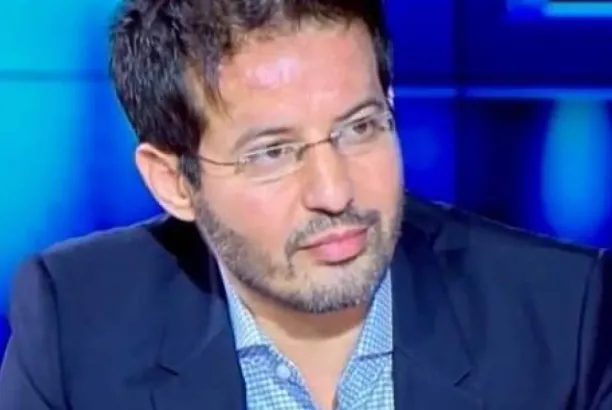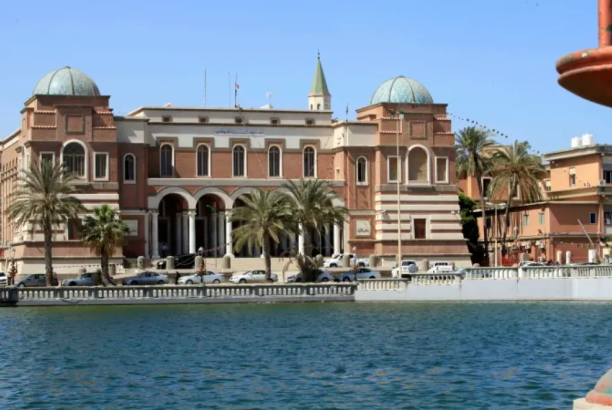Al-Manea: SWFI Ranking Reveals the Compass of the Global EconomyWritten by Advisor Mostafa Al-Manea: SWFI Ranking Reveals the Compass of the Global Economy
The Sovereign Wealth Fund Institute (SWFI), headquartered in Las Vegas, USA, has released its latest rankings of the world’s largest central banks by asset size, shedding light on the balance of economic power and the role of major currencies in the international financial system. The ranking confirmed the continued dominance of the United States through the U.S. Federal Reserve, which topped the list with assets of $7.11 trillion, while also highlighting the remarkable rise of Asian economies and the relative decline of some European powers.
“U.S. Supremacy and Asian Rise”
The Federal Reserve topped the ranking by a wide margin over its closest competitors, reflecting the ongoing strength of the U.S. economy and the role of the dollar as the world’s leading reserve currency. In second place came the People’s Bank of China, with assets exceeding $6 trillion, supported by the rapid growth of the world’s second-largest economy. The Bank of Japan ranked third with $5.257 trillion in assets, underscoring the scale of the Chinese giant while highlighting Tokyo’s continued status as a major financial power despite challenges of deflation and high public debt.
In Europe, Deutsche Bundesbank ranked fourth with assets of $2.776 trillion, though still far behind the top three, illustrating the gap between U.S. and Asian economies on the one hand, and their European counterparts on the other.
The biggest surprise was the advance of Norges Bank (Norway’s central bank) to a leading position with $1.788 trillion in assets, despite the small size of Norway’s economy compared to major powers. This is due to the massive oil and gas surpluses that Norway manages with high financial efficiency.
Meanwhile, the European Central Bank ranked 13th, a position reflecting the distributed nature of monetary authority within the Eurozone between the ECB and the national central banks of member states—unlike the centralized monetary policies of the U.S. or Japan.
Despite being one of the fastest-growing economies globally, the Reserve Bank of India only came in 11th, revealing that economic growth does not automatically translate into monetary power without reforms in fiscal policy and an expanded reserve base.
Al-Manea: SWFI Ranking Reveals the Compass of the Global Economy
Advisor Mostafa Al-Manea with IMF Managing Director Kristalina Georgieva at the IMF 2023 Annual Meeting
“Limited Arab Presence”
No Arab central bank appeared in the top ten or even top fifteen according to SWFI data. This is attributed to the smaller size of Arab economies compared to global giants. Another key reason, in our view, is that Arab financial surpluses often flow into sovereign wealth funds such as Saudi Arabia’s Public Investment Fund (PIF) and the Abu Dhabi Investment Authority (ADIA), which focus on long-term investments rather than expanding central bank balance sheets.
“What Does the SWFI Ranking Reveal About the Compass of the Global Economy?”
In our opinion, SWFI reaffirmed U.S. dominance through unprecedented asset size and the dollar’s central role, while also highlighting the accelerating Asian rise led by China and Japan—reshaping the balance of global economic power. The ranking also demonstrated Europe’s relative decline, with the ECB trailing behind national banks such as Germany’s and France’s. Moreover, the data revealed that the size of an economy is not the only determinant of reserve accumulation; the outsized assets of Norway’s central bank compared to the size of its economy are a striking example.
Conclusion
The strength of an economy is measured by the resilience of its monetary policy and the scale of assets managed by its central bank—not GDP alone.
While the United States continues to lead the global financial system, the Asian rise, European retreat, and Arab absence remain clear markers in the compass of global economic influence.
About the Author
Mostafa Al-Manea is a Libyan lawyer and legal-economic expert with over 23 years of experience. He has worked with numerous investment institutions, sovereign wealth funds, and banks worldwide, including Libya. He serves as an expert for international research centers, and has lectured and trained with the American Bar Association and the European Lawyers Association. He also served for years as an advisor to the Central Bank of Libya, a board member of the Libyan Investment Authority and the Libyan Foreign Bank, and represented Libya at World Bank and IMF meetings. He currently heads the executive team for the Prime Minister’s initiatives and strategic projects, and has published multiple studies and articles in Arab, American, and European newspapers.






